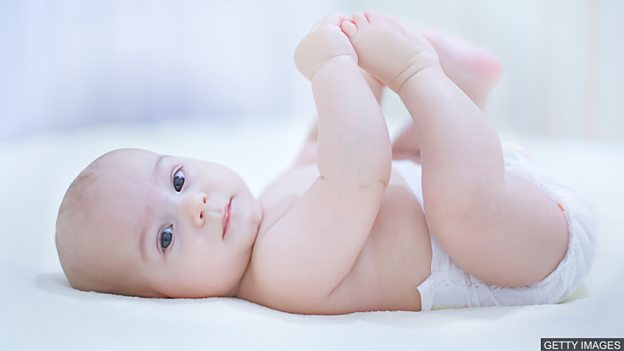媒体英语
Birth rate in England and Wales hits record low 英格兰和威尔士的人口出生率创历史新低

英国国家统计局(Office for National Statistics)发表的数据显示,2018年,英格兰和威尔士的人口出生率,按总人口的比例衡量,降至历史最低点。
文字稿
Just over 657,000 babies were born in England and Wales in 2018, the fewest since 2005 and the lowest rate since records began more than 80 years ago.
2018年,英格兰和威尔士的婴儿出生人数刚刚超过65.7万,为2005年以来最少的一年,也是自80多年前有记录以来的最低水平。
It is the third year in a row that it's come down and echoes a similar decline in other countries, including France and Australia.
这是该数据连续第三年下降,与包括法国和澳大利亚在内的其它一些国家的类似下降趋势相呼应。
The Office for National Statistics says falling fertility rates have been exaggerated by an ageing population. The proportion of older people, compared with women who are of childbearing age, is increasing.
英国国家统计局表示,人口出生率下降被人口老龄化现象夸大。与育龄妇女人数相比,老年人口的比例正在增加。
词汇
in a row 连续地
echoes 与……相呼应
decline 下降
fertility rates 生育率,人口出生率
exaggerated 夸大了
ageing population 人口老龄化
proportion 比例
childbearing age 生育年龄
阅读理解:请在读完上文后,回答下列问题 。
1. When did records of births begin in England and Wales?
2. True or false? The birth rate in England and Wales has dropped faster than in places like France and Australia.
3. What section of the population in England and Wales is increasing?
4. How has the birth rate changed in England and Wales in the last three years?
答案
1. When did records of births begin in England and Wales?
Records of births began more than 80 years ago.
2. True or false? The birth rate in England and Wales has dropped faster than in places like France and Australia.
False. France and Australia have had a similar decline to England and Wales.
3. What section of the population in England and Wales is increasing?
The population is ageing so that means there are more older people than younger people.
4. How has the birth rate changed in England and Wales in the last three years?
It is the third year in a row that the birth rate has declined.



